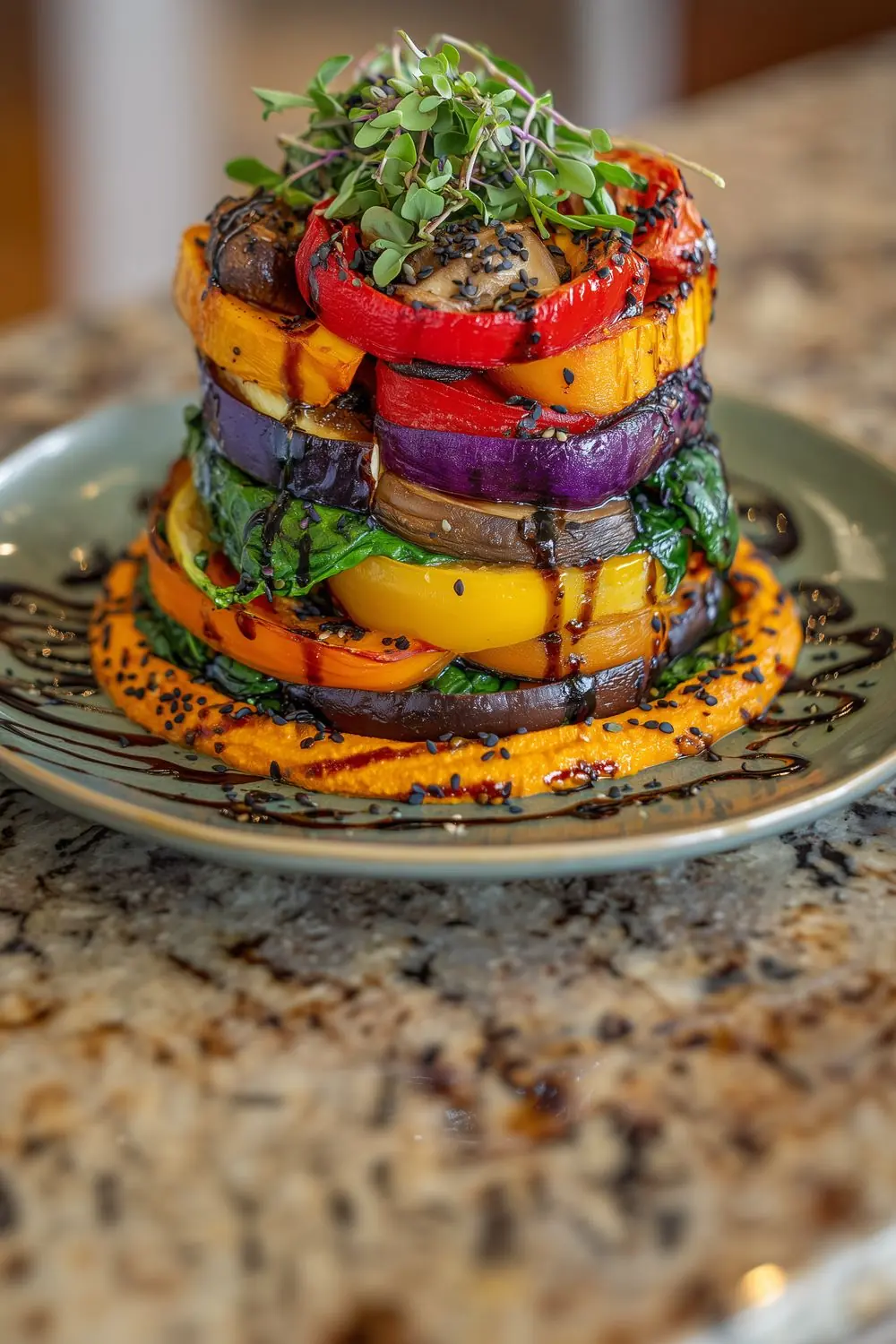
Learn How to Truly Help Bees: Beekeeper’s Advice
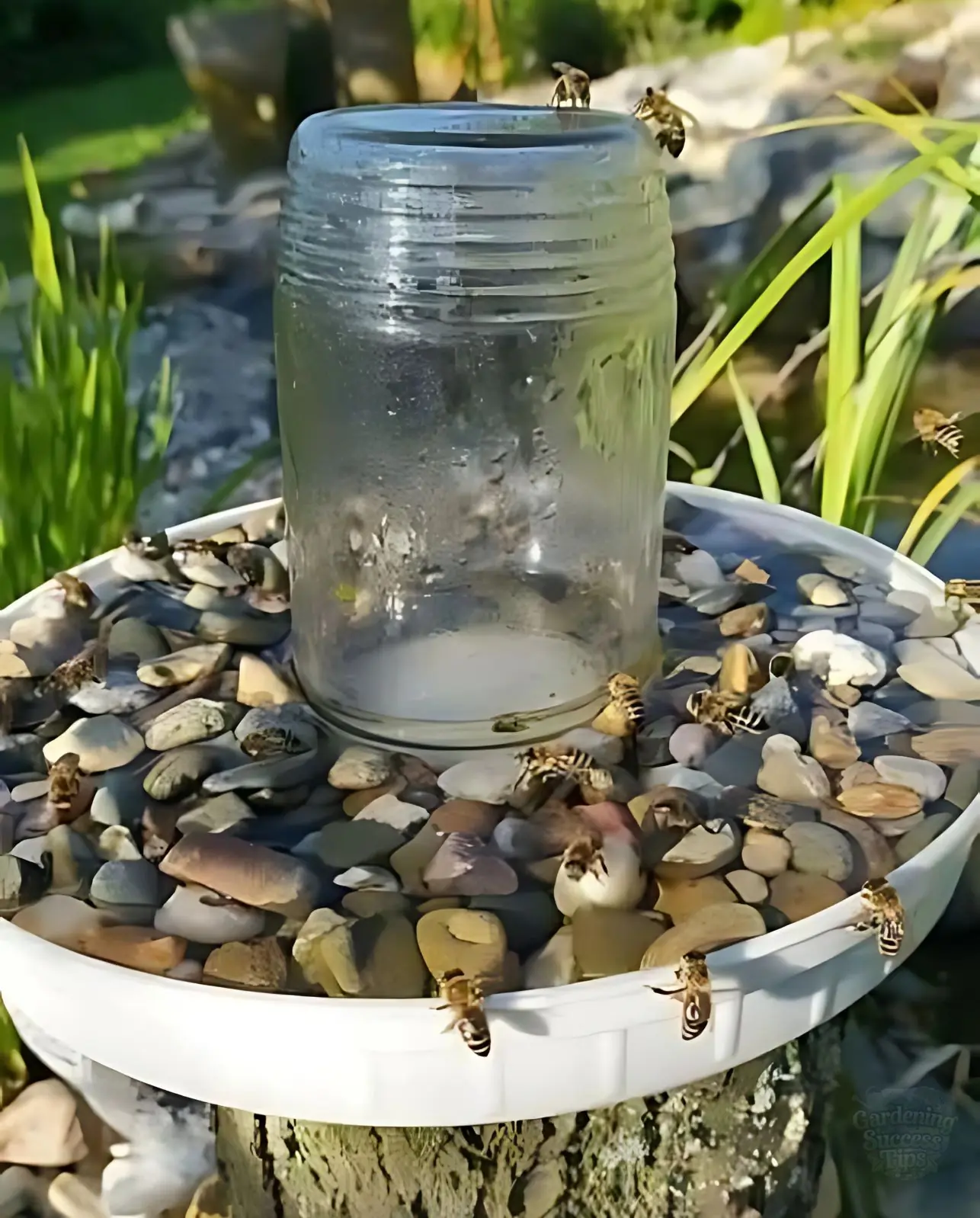
Bees play an essential role in pollination, helping plants grow, breed, and produce food. They are vital to the survival of many plants, including fruits, vegetables, and flowers that provide food for humans and wildlife alike. Despite their importance, bee populations are declining rapidly due to factors such as habitat loss, pesticide use, and climate change. As gardeners, environmentalists, and concerned citizens, it’s crucial to know how to help these invaluable creatures. Below are some simple yet effective ways, backed by expert advice from beekeepers, to support bees and ensure they thrive.
1. Plant Bee-Friendly Flowers
One of the best ways to help bees is to plant a variety of flowers that provide nectar and pollen, their primary food sources. Bees, especially honeybees, are attracted to brightly colored flowers, particularly in shades of purple, blue, yellow, and white. Here’s how to make your garden more bee-friendly:
-
Diverse Blooming Plants: Choose plants that bloom at different times of the year. Bees need food sources throughout the seasons. Consider adding spring flowers like crocus, summer blooms such as lavender, and autumn flowers like asters.
-
Native Plants: Native plants are especially beneficial because they are adapted to the local climate and ecosystem. Bees are more likely to be attracted to plants they naturally pollinate. Examples include sunflowers, clover, and coneflowers.
-
Avoid Hybrid Varieties: Hybrid flowers may look appealing, but they often lack the nectar and pollen that bees need. Choose traditional, heirloom varieties instead.
2. Provide Water Sources
Bees also need water to drink. However, because they are small creatures, it can be difficult for them to access water. By creating a safe and accessible water source in your garden, you can help bees stay hydrated. Here’s how you can do this:
-
Shallow Water Dishes: Place shallow containers of water in your garden. You can use birdbaths, shallow trays, or even upturned bottle caps. Fill them with water and add pebbles or marbles to provide a safe landing pad for bees.
-
Keep Water Clean: Change the water regularly to prevent it from becoming stagnant or contaminated.
3. Avoid Pesticides and Herbicides
Chemicals used to control pests and weeds can be deadly for bees. Pesticides, in particular, can cause severe harm to bees, even killing them or making them disoriented. Here’s what you can do:
-
Natural Alternatives: Opt for organic or homemade pesticides that are bee-friendly, such as neem oil or insecticidal soap. Use them sparingly and only when necessary.
-
Timing is Key: If you must use pesticides, apply them during the evening or early morning when bees are less active. This will minimize their exposure.
-
Healthy Ecosystem: A healthy garden with a variety of plants can naturally repel pests, reducing the need for chemical pesticides.
4. Create Bee Habitats
Providing suitable habitats for bees is crucial for their survival. Bees need places to nest, especially solitary bees that do not live in hives. You can help by creating a safe environment for them:
-
Bee Hotels: Consider installing a bee hotel. These simple structures provide nesting sites for solitary bees. You can buy pre-made bee hotels or create your own using bamboo canes or hollow stems to give them a place to nest.
-
Leave Dead Wood and Bare Soil: Bees like to nest in undisturbed places. Leave some parts of your garden untended—like patches of bare soil or dead wood, where ground-nesting bees can burrow and solitary bees can find shelter.
5. Support Local Beekeepers
By supporting local beekeepers, you contribute to the health of bee populations. Many beekeepers take active measures to help bees thrive and work to protect them in the face of environmental threats. Here’s how you can help:
-
Buy Local Honey: Purchasing honey from local beekeepers supports sustainable practices and helps maintain healthy local bee populations.
-
Volunteer or Educate: Many beekeepers offer opportunities to volunteer or learn about beekeeping. Volunteering with a local beekeeper can give you valuable insight into the importance of bees and how to protect them. Additionally, spreading awareness in your community about the importance of bees can help change people’s attitudes and behaviors toward bee conservation.
6. Encourage Bee-Friendly Legislation
While personal action is incredibly important, it’s also vital to push for larger-scale solutions that protect bee populations. Advocacy and support for bee-friendly policies can lead to lasting change. Here's what you can do:
-
Support Pollinator Protection Laws: Advocate for local and national laws that protect bees from pesticide use, habitat destruction, and other threats. Support organizations that are working to create safe environments for pollinators.
-
Create Awareness: Educate others in your community about the importance of bees and how everyone can help. By increasing public awareness, you can encourage more people to plant bee-friendly gardens, reduce pesticide use, and take actions to protect bees.
Conclusion: Together, We Can Help Bees Thrive
Bees are vital to the health of our ecosystems and the success of many agricultural industries. As gardeners, consumers, and citizens, we all have the power to help bee populations thrive. By planting bee-friendly flowers, avoiding harmful chemicals, providing water and shelter, supporting local beekeepers, and advocating for bee-friendly legislation, we can ensure that these crucial pollinators continue to thrive for generations to come. Let’s all do our part to protect the bees and ensure that future generations can benefit from their indispensable services.
News in the same category


The husband slapped his wife in front of his friends to show off — but her act of revenge left everyone shocked and speechless
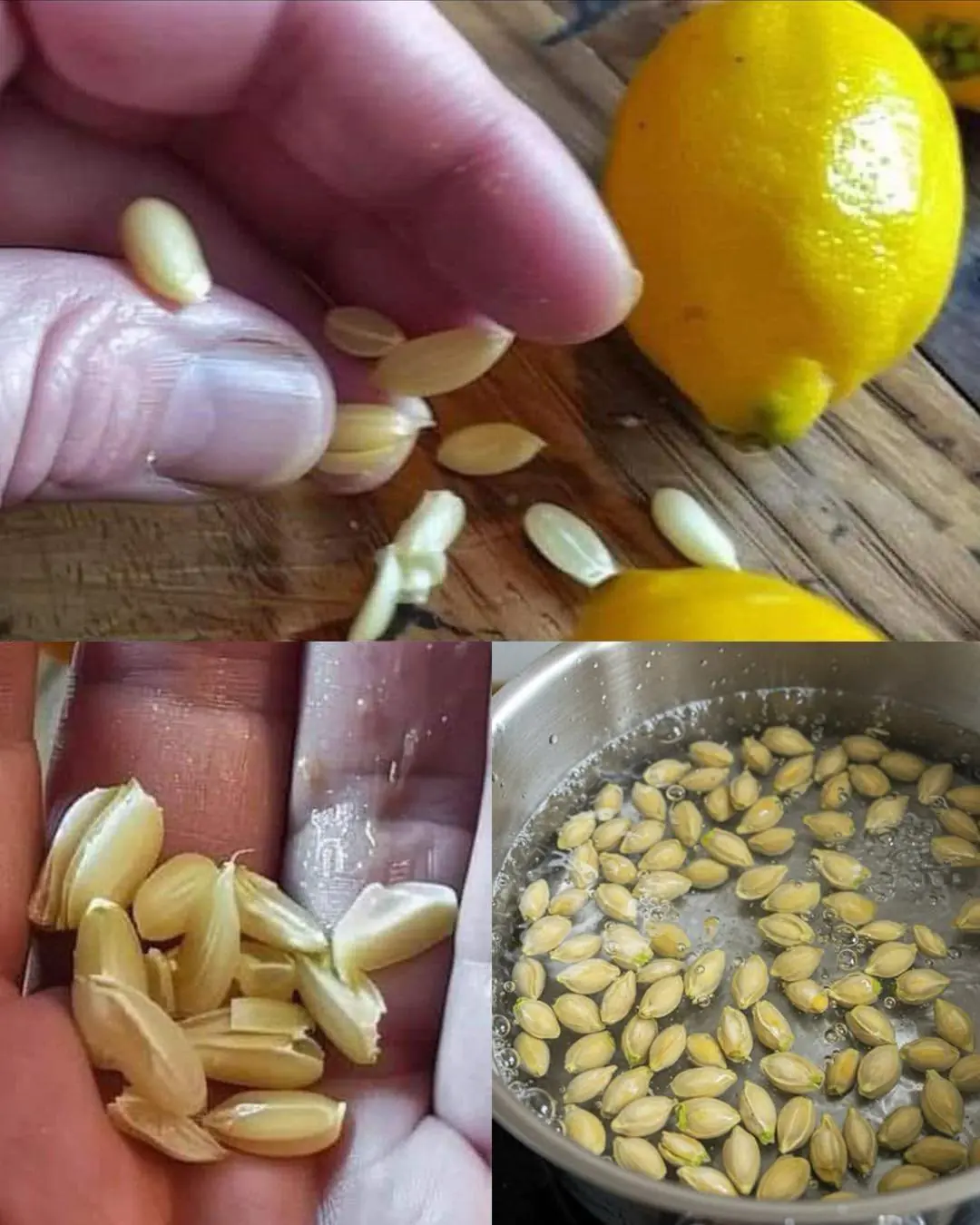
10 Clever Ways to Reuse Lemon Seeds at Home
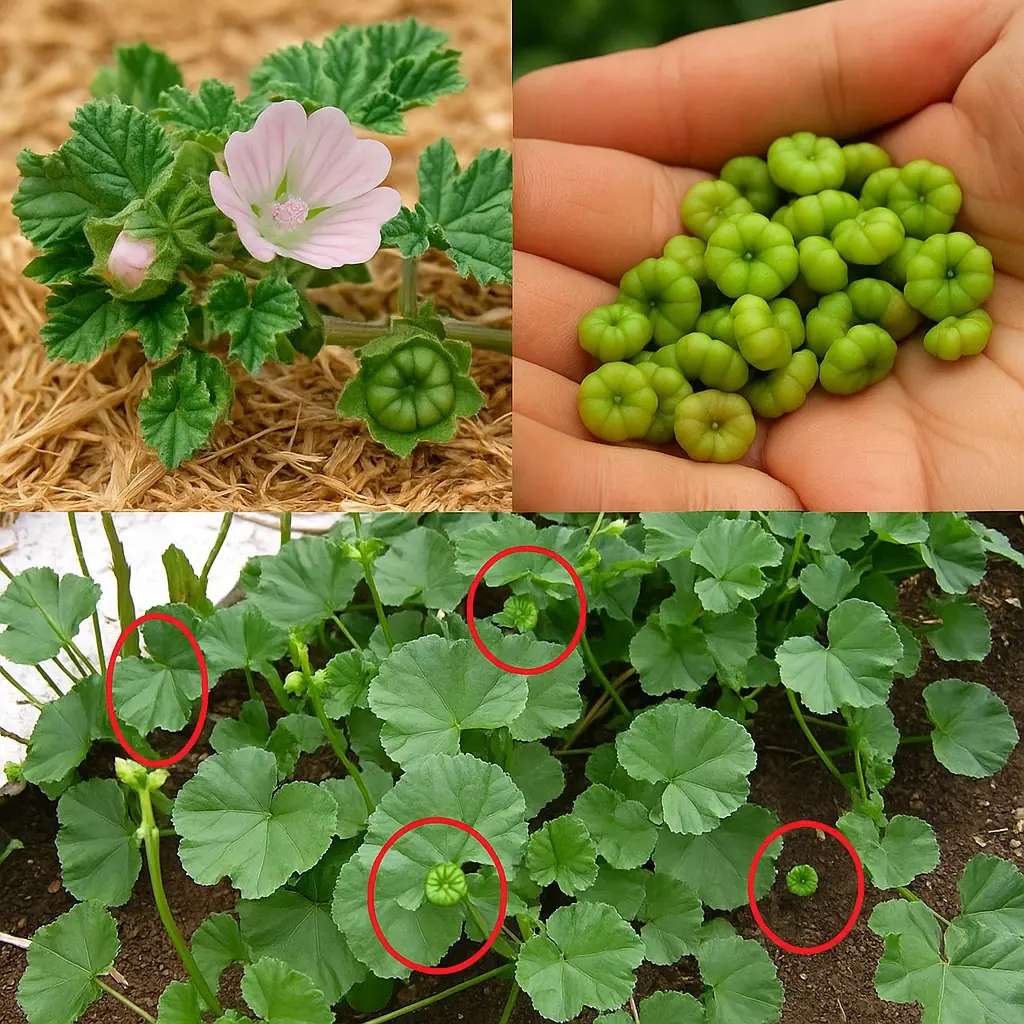
Unlocking the Secret Health Benefits of Common Mallow: Nature’s Wonder Herb for Wellness

Essential Knowledge for Growing Cassava Successfully
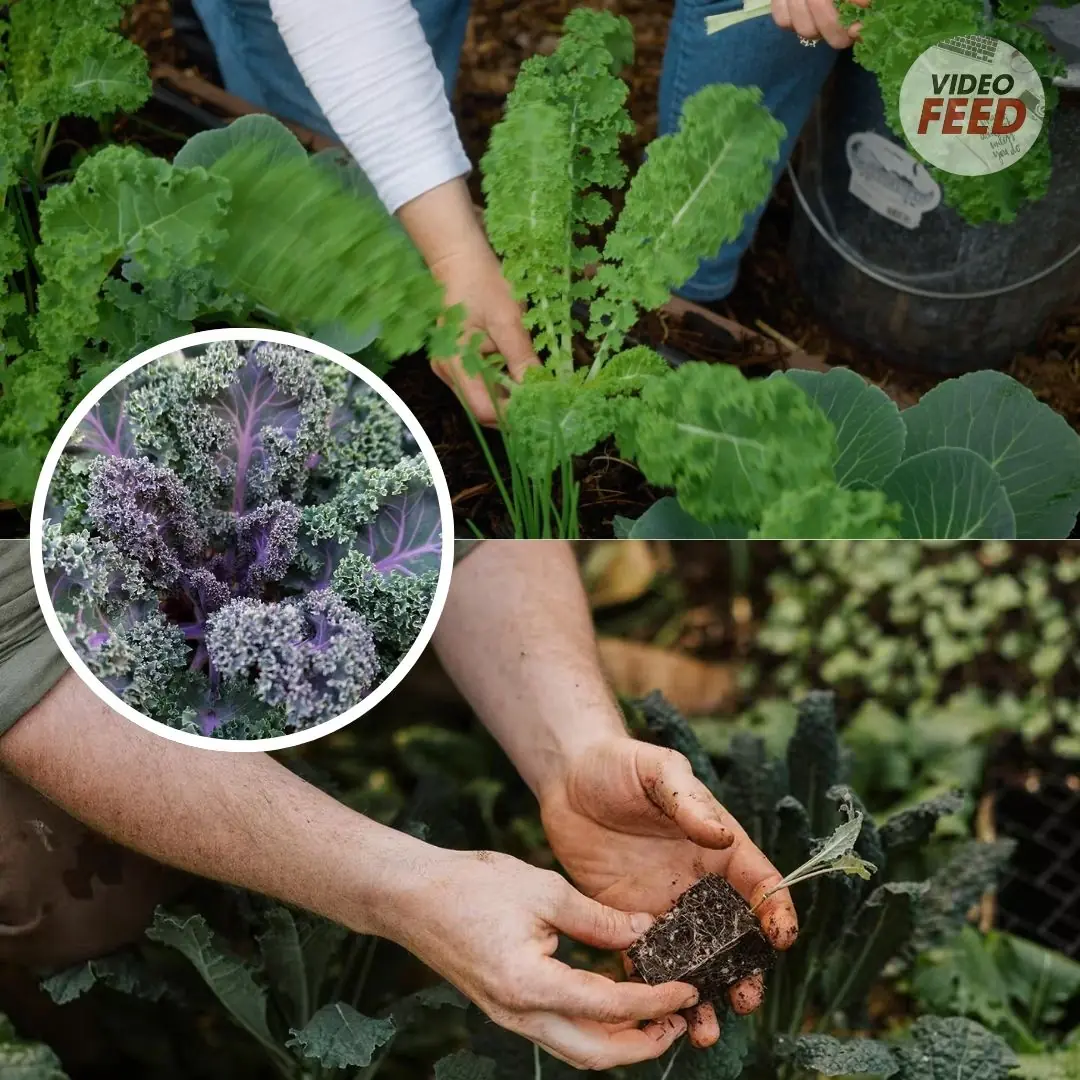
Growing Kale: Planting, Care, and Harvesting Tips
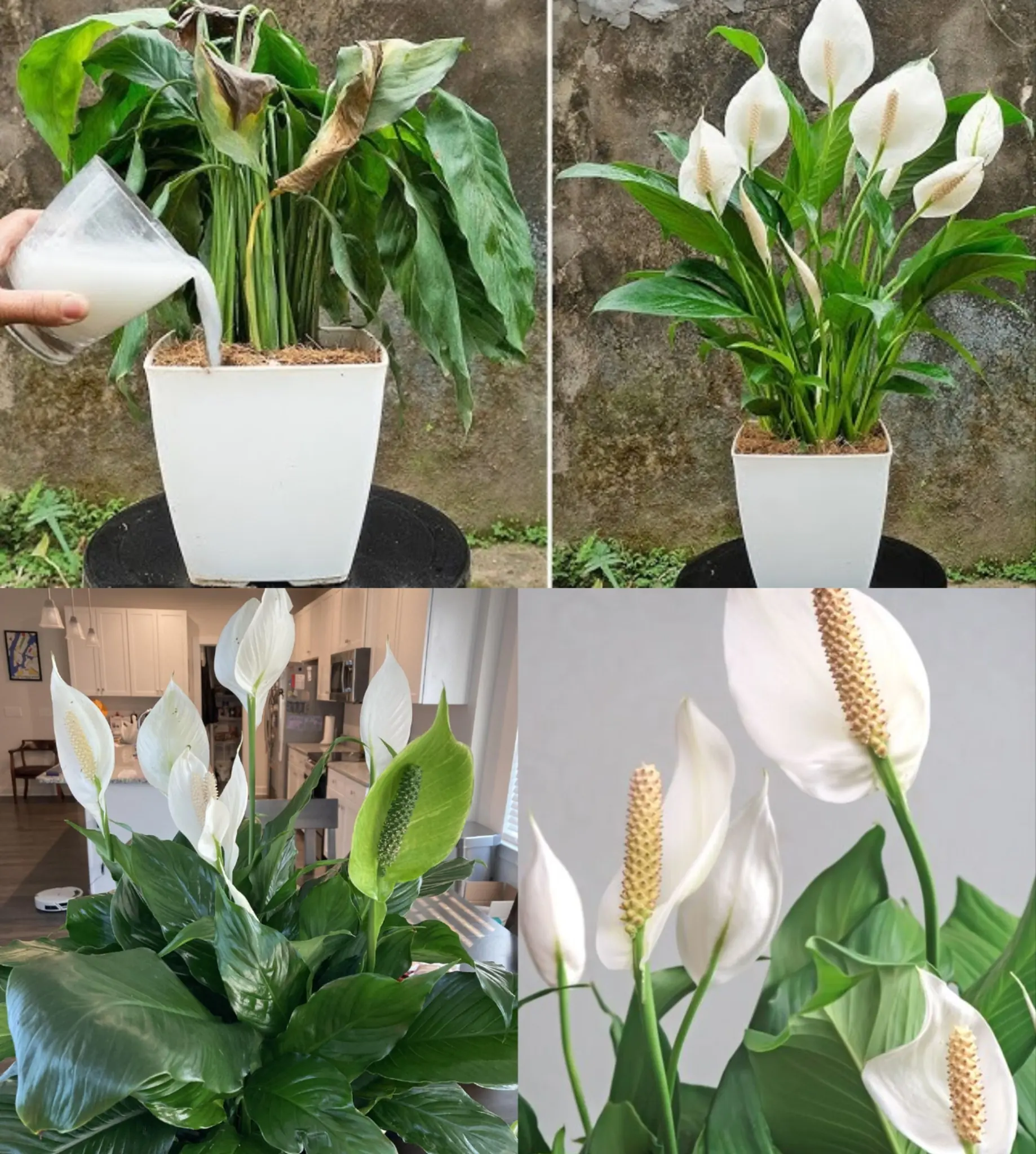
Just 1 Cup Makes Peace Lilies Bloom with So Many Flowers
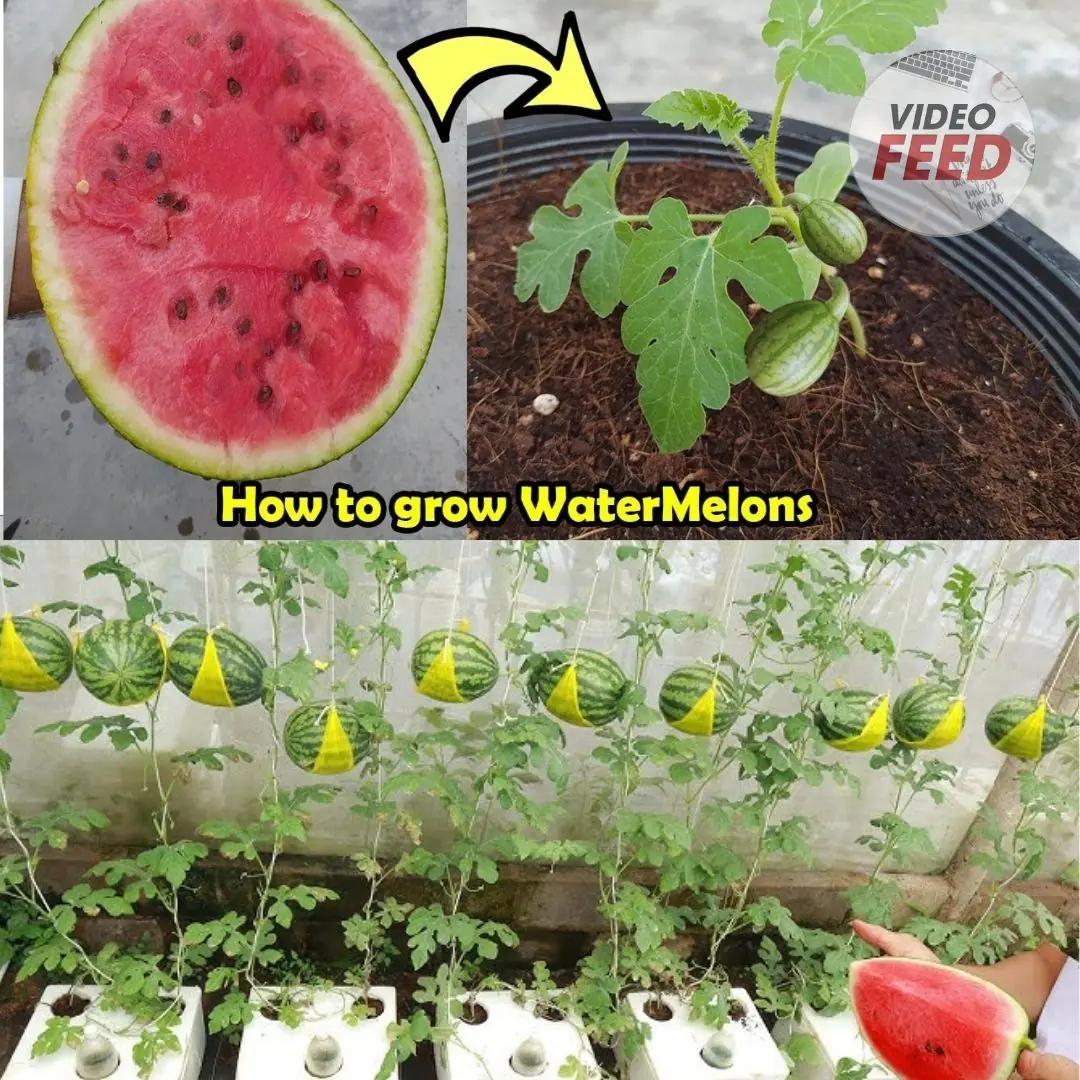
How to Grow Watermelons at Home: A Guide for Small Spaces & Balconies

How to Grow a Banana Tree at Home and Never Buy Bananas Again
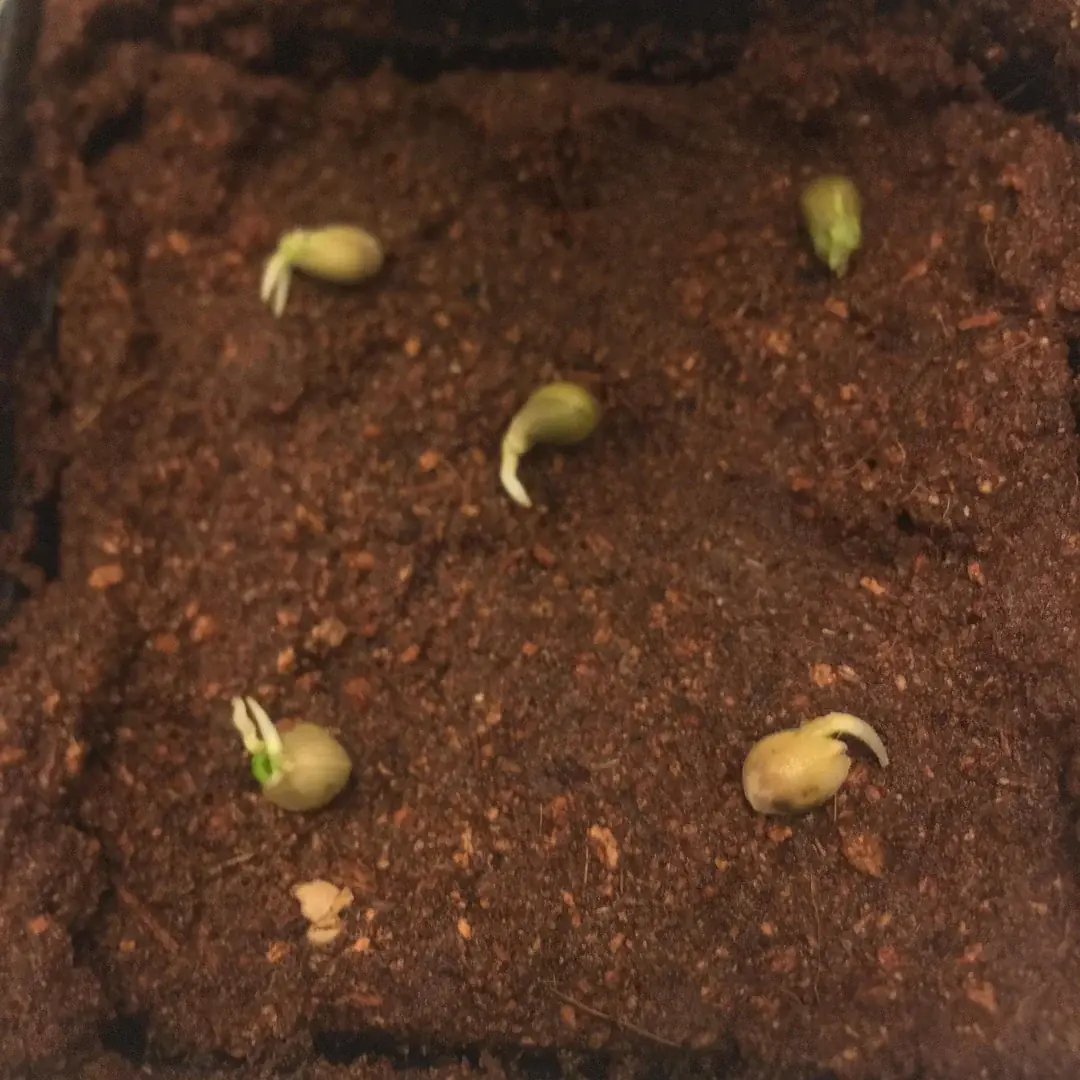
Here’s How to Grow Calamansi at Home — No Farm Needed
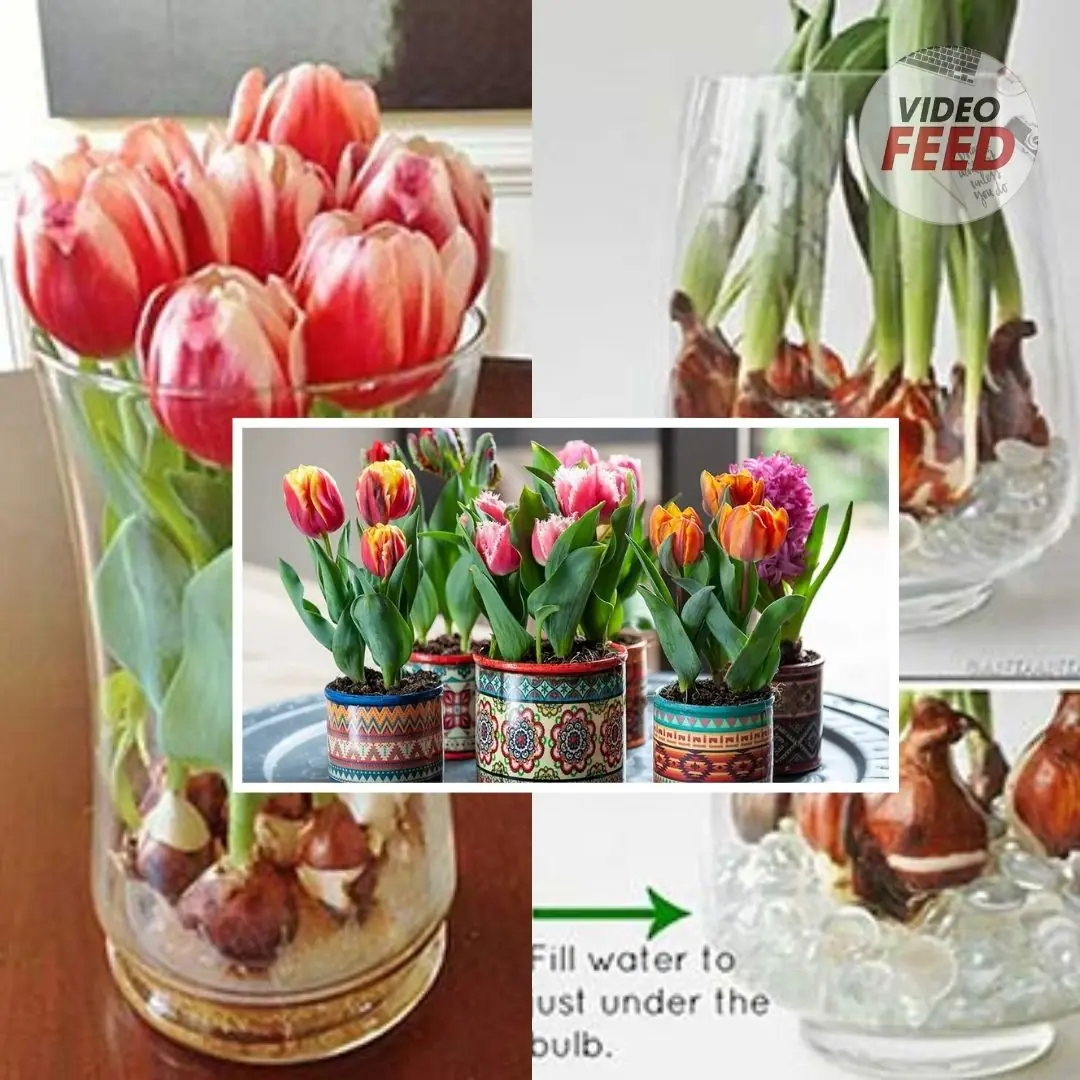
How to grow tulips indoors – a step-by-step guide to forcing these beautiful bulbs
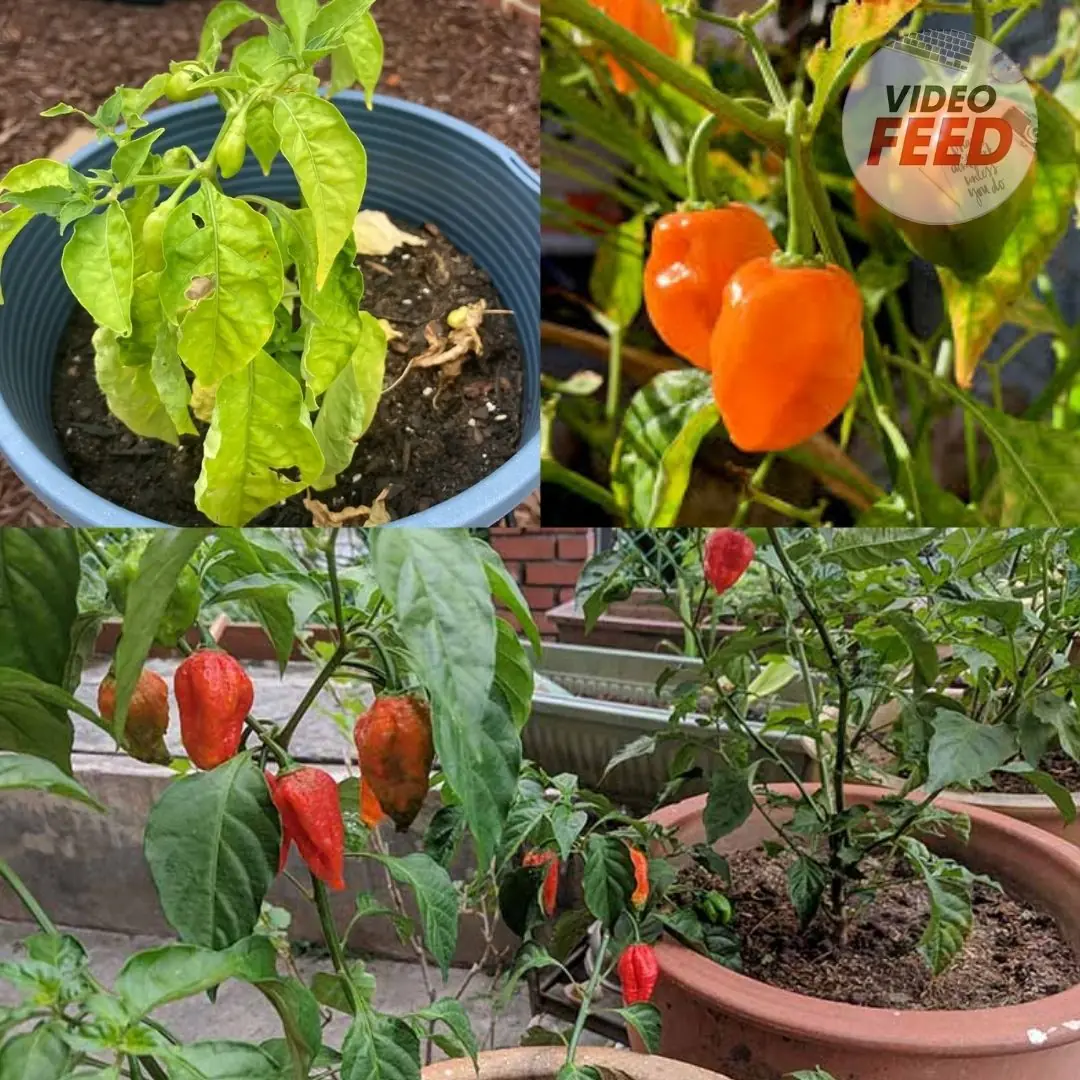
How to Grow Habanero Peppers in Pots
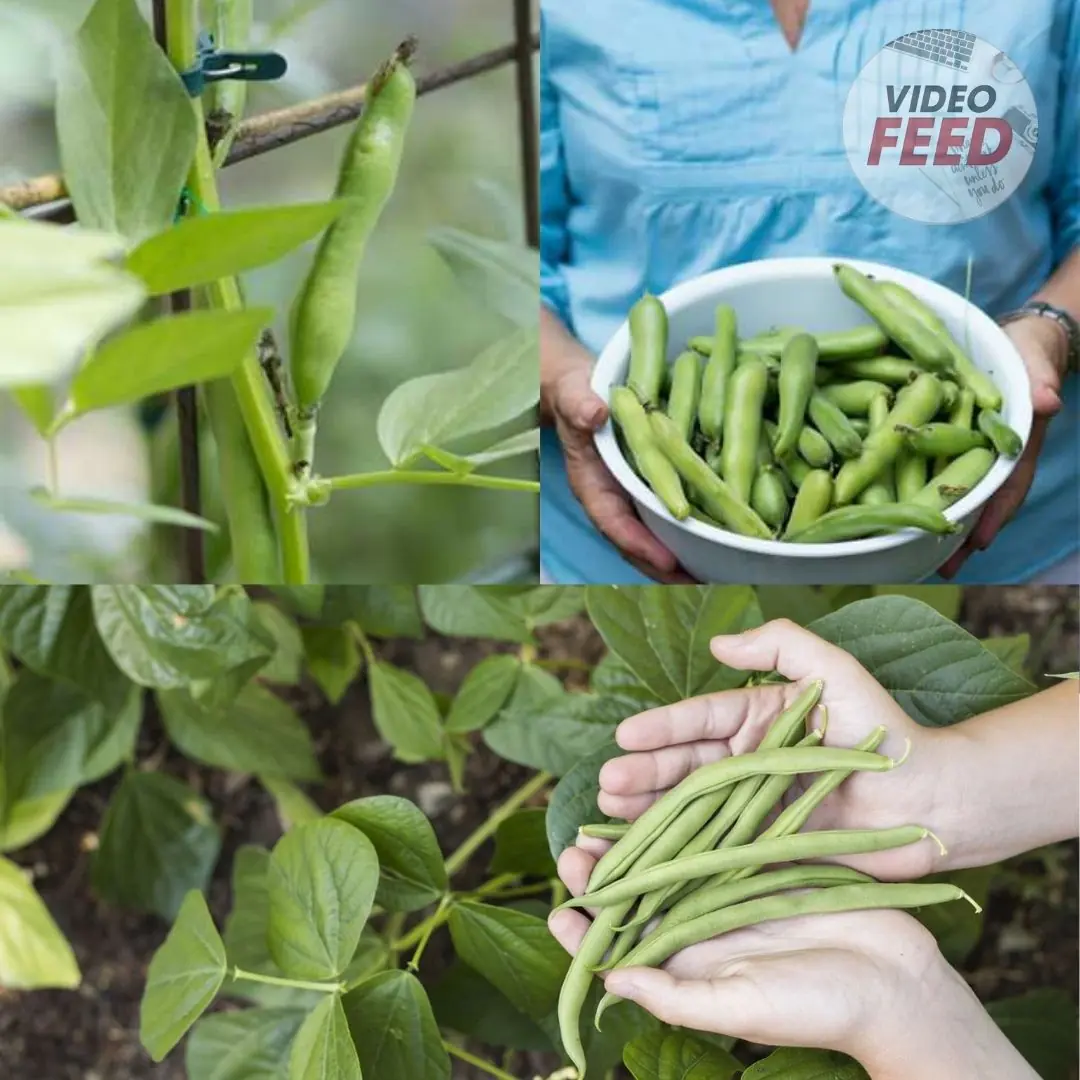
Grow These 5 Garden Beans This Summer
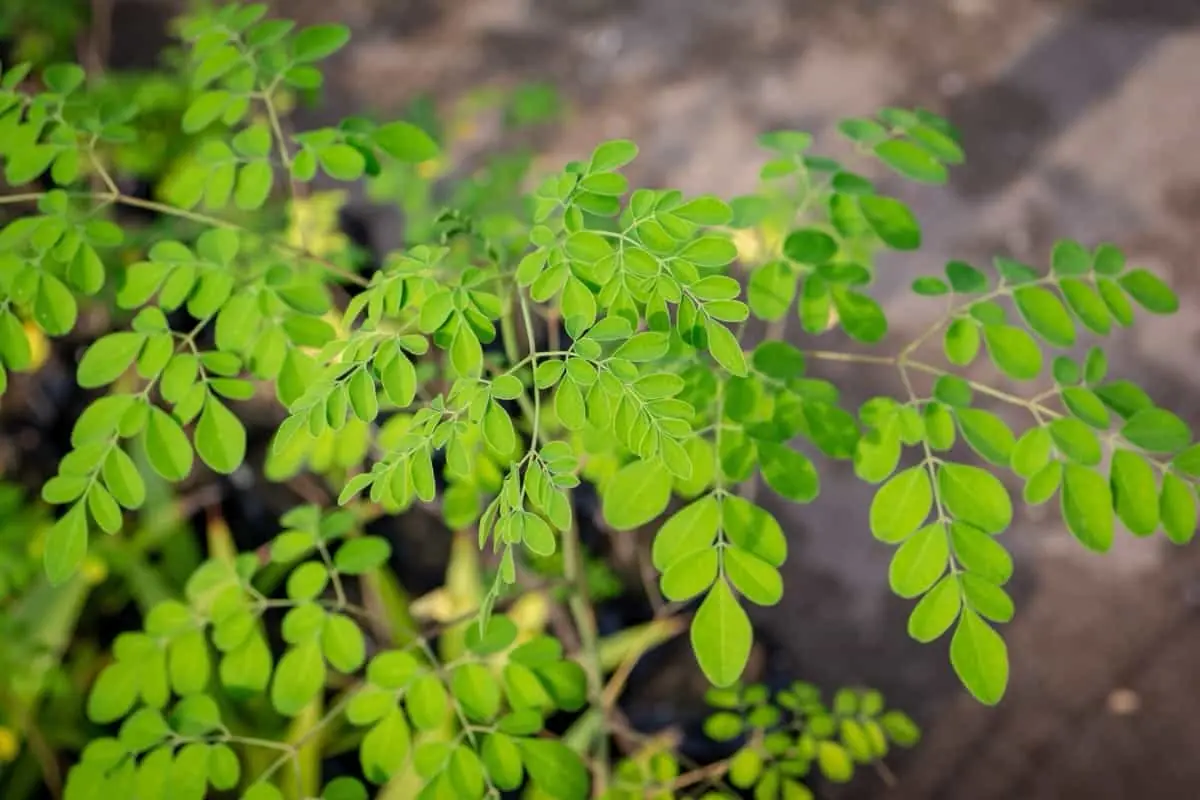
Why Asians Are Rushing to Grow This “Miracle Tree”: Heals Like Medicine, Sells Like Gold
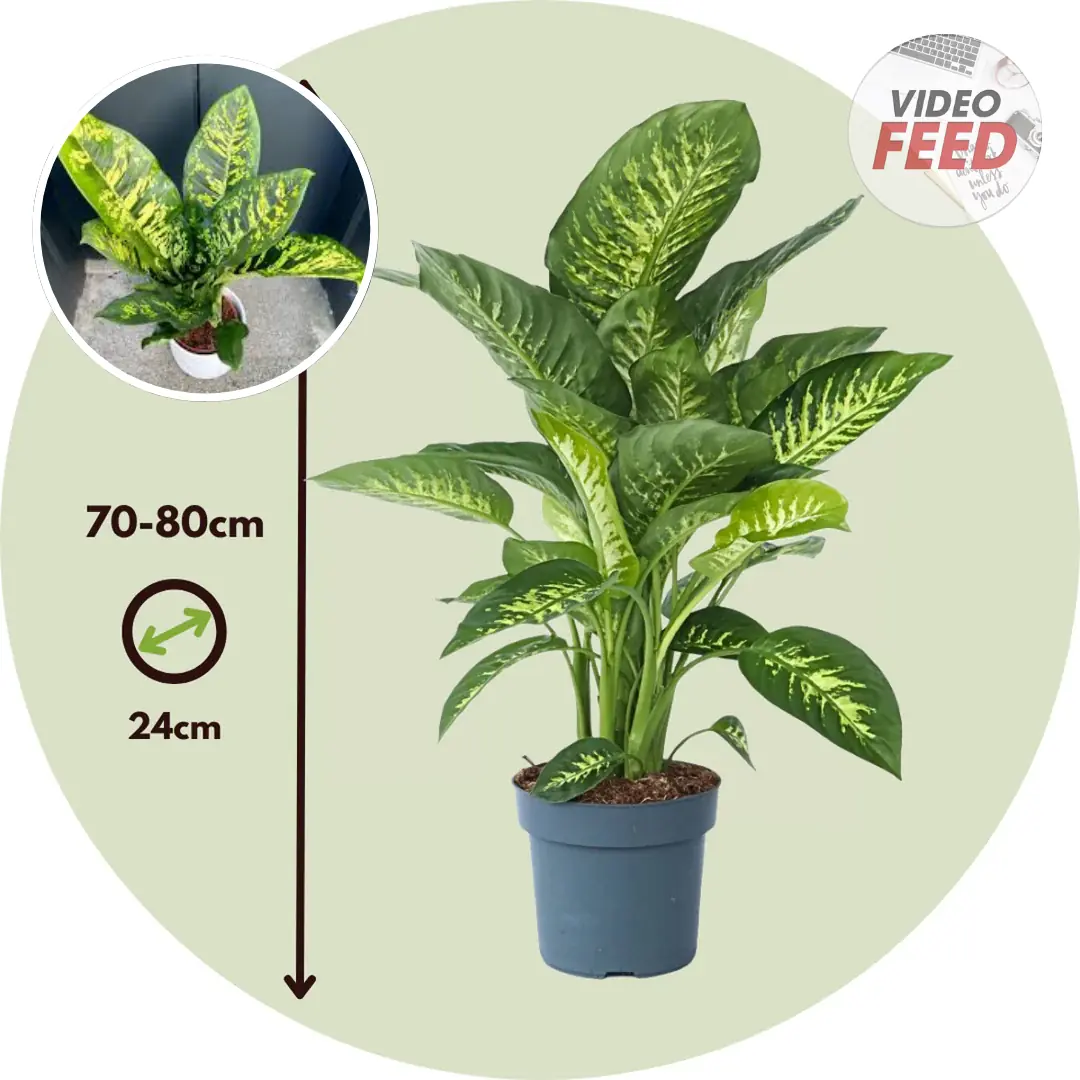
How to Grow and Care for Dieffenbachia
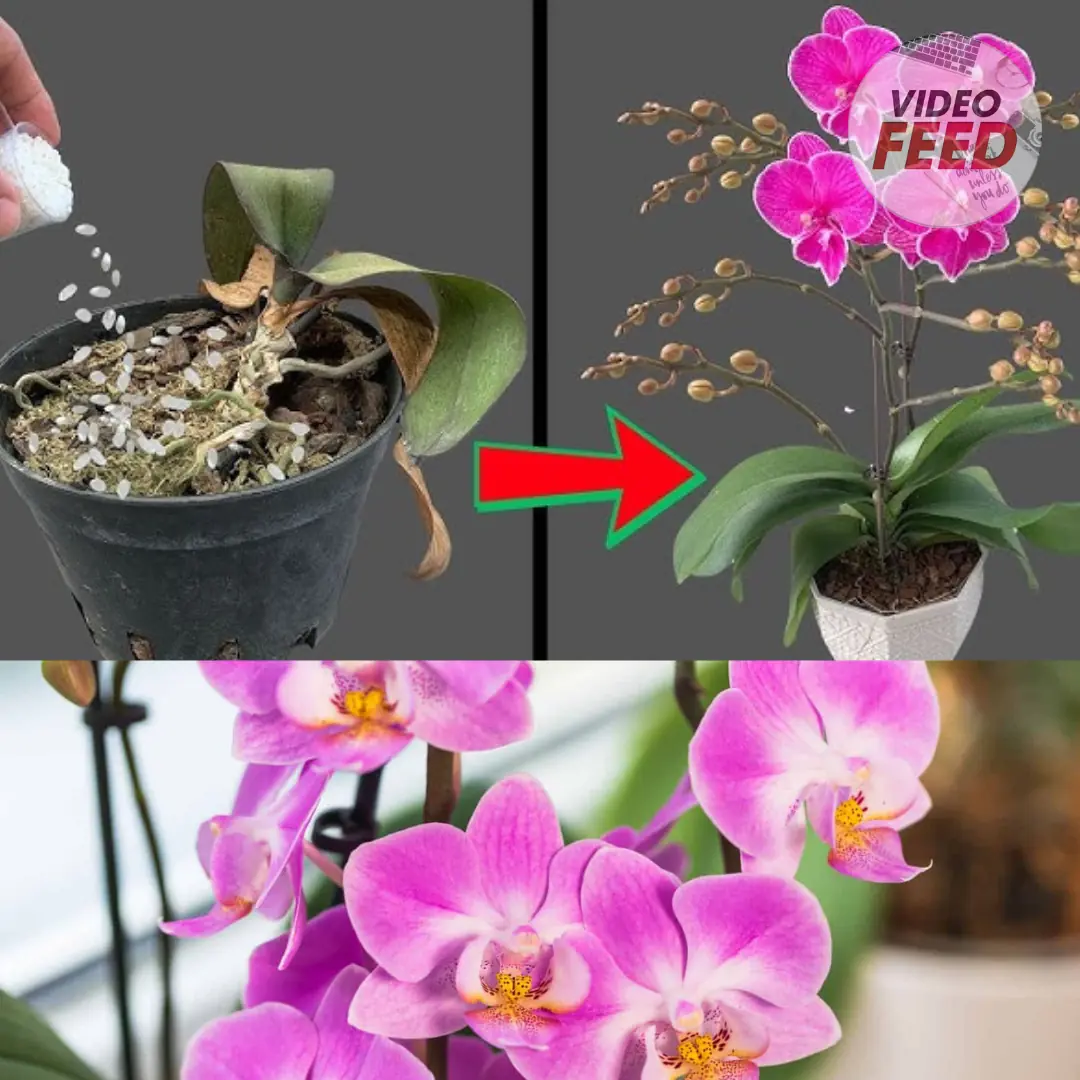
How to Grow and Care for Phalaenopsis Orchids Indoors
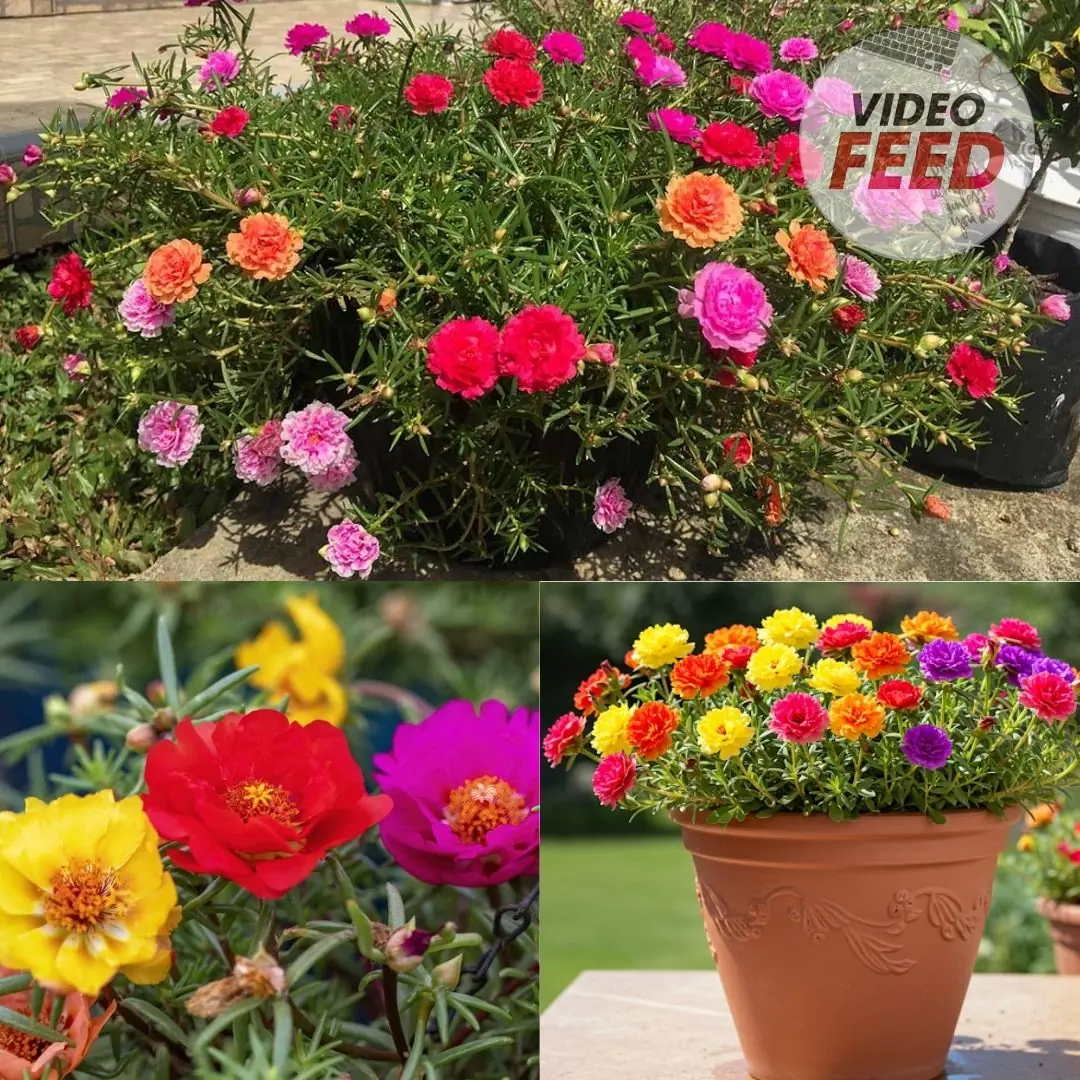
Portulaca in Pots: The Complete Guide to Growing Colorful & Drought-Tolerant Flowers Outdoors
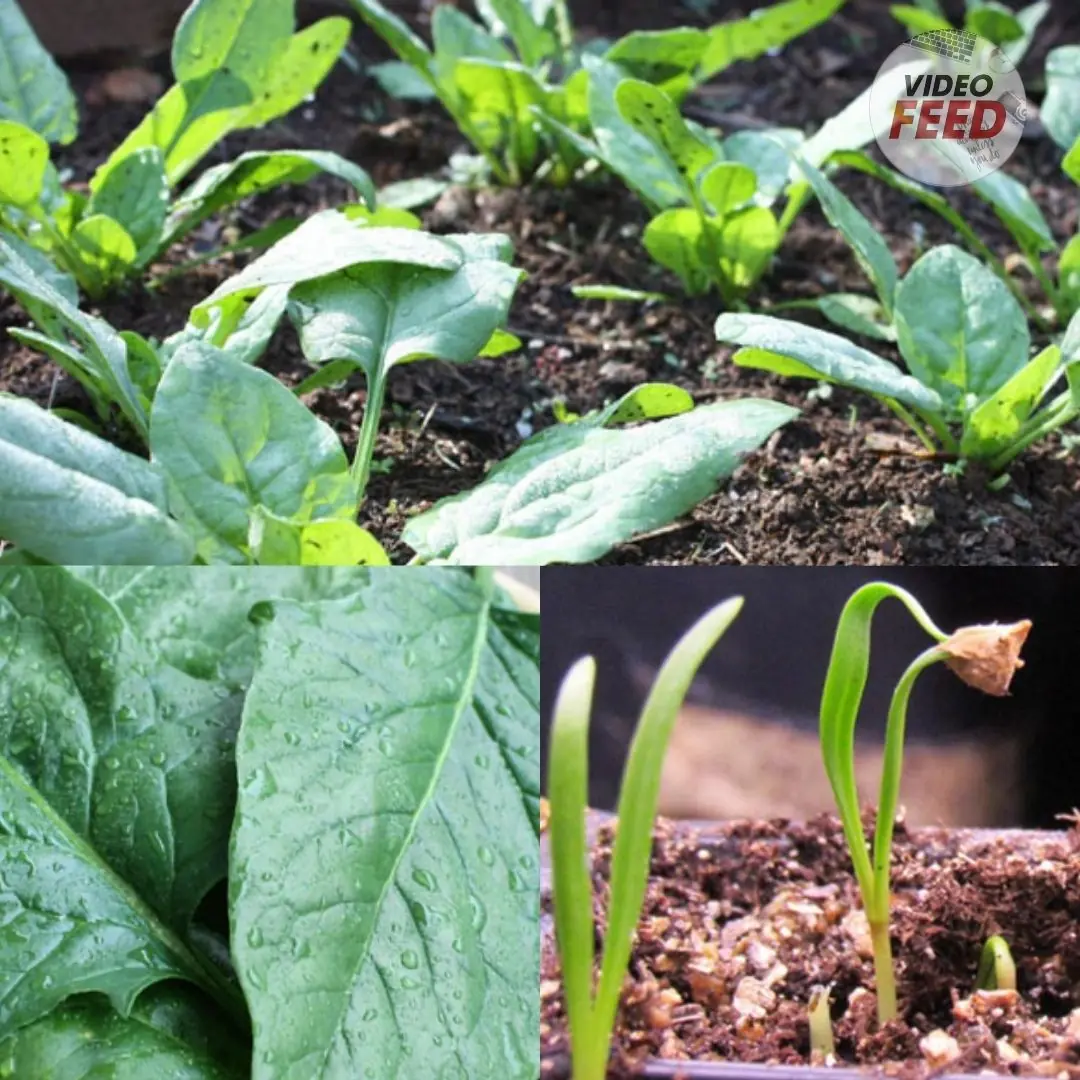
10 Tips for Growing Superb Spring Spinach
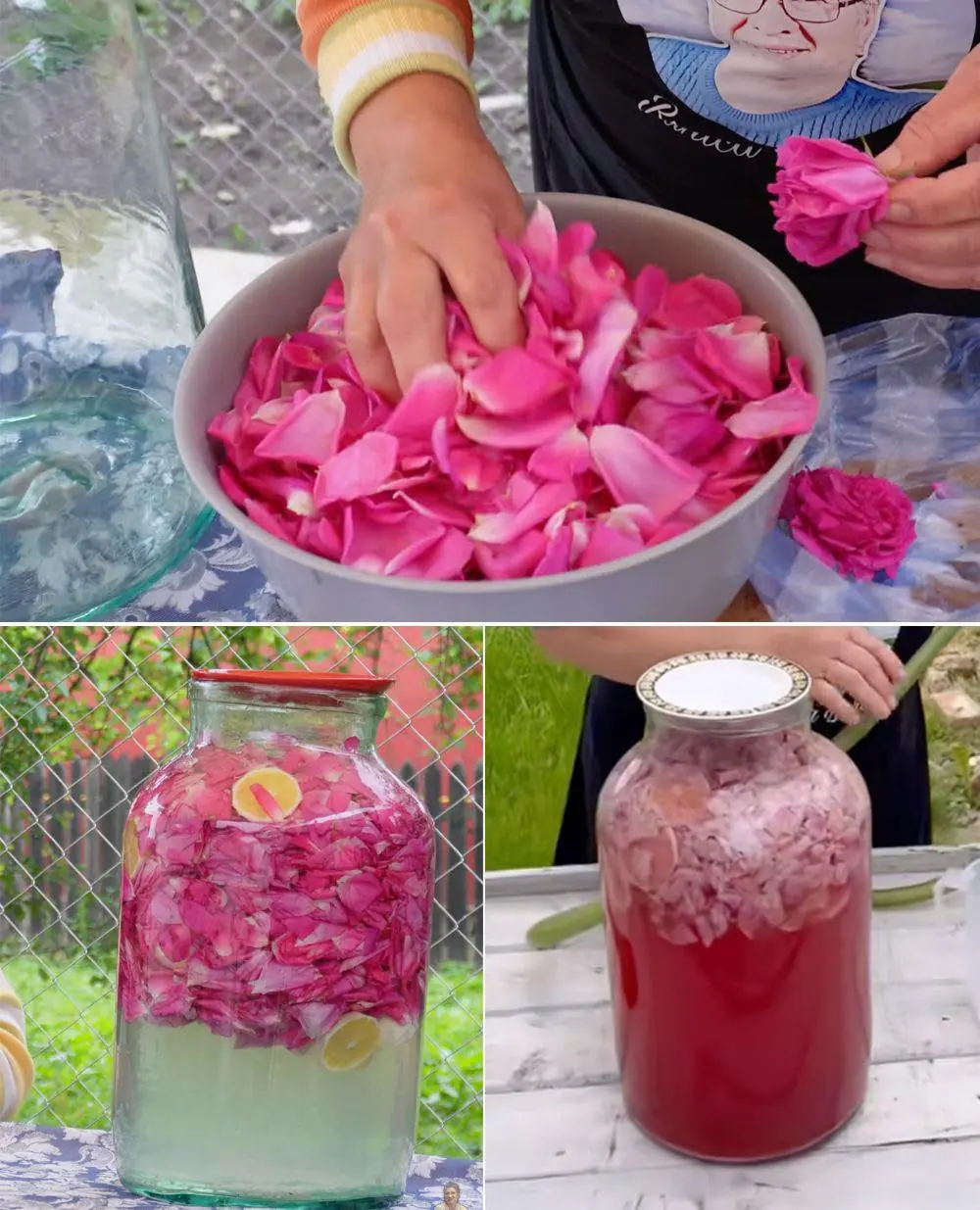
How to Make Rose Petal Lemonade – A Refreshing Homemade Drink
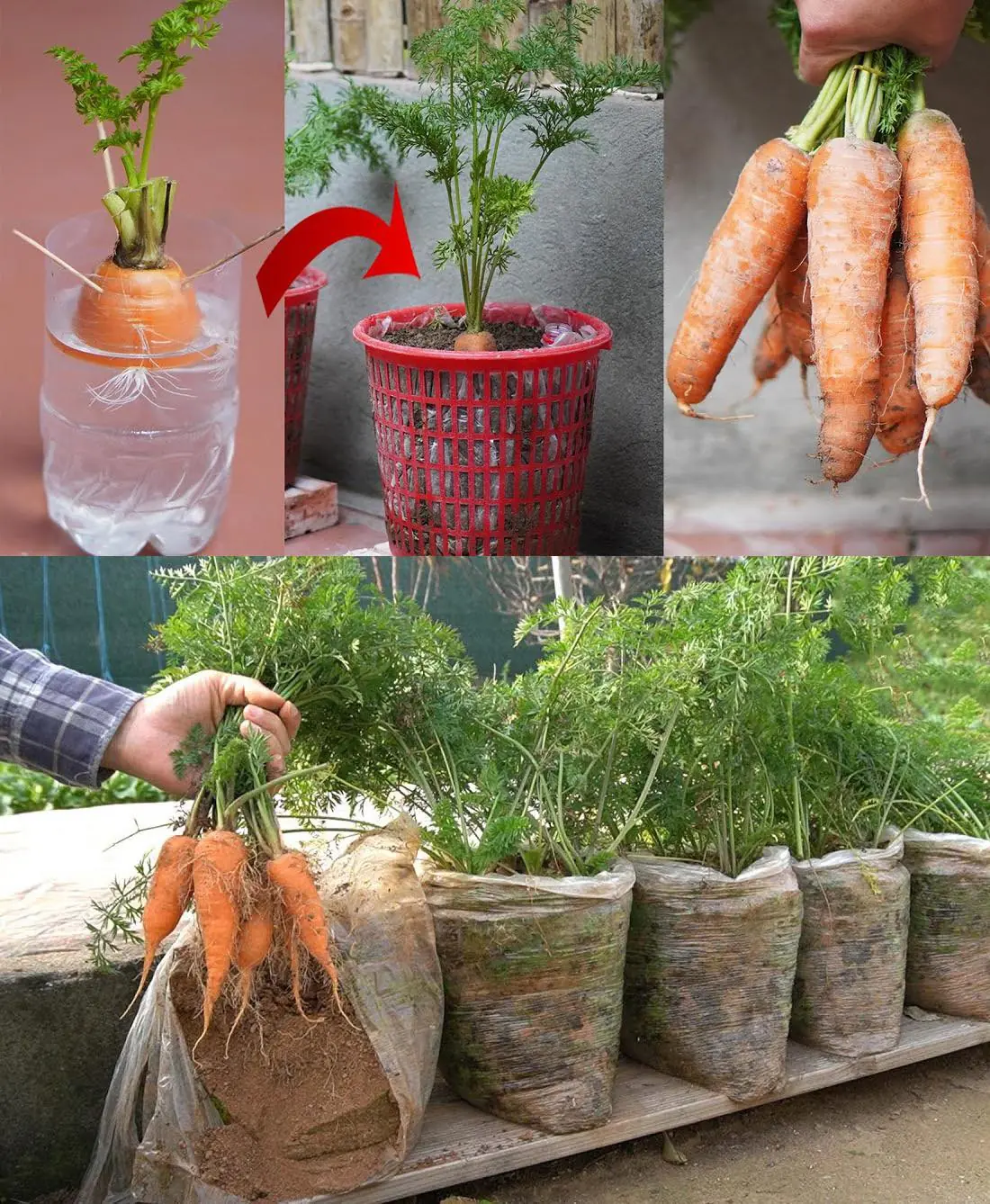
How to Grow Carrots at Home in Containers Starting with a Single Carrot
News Post
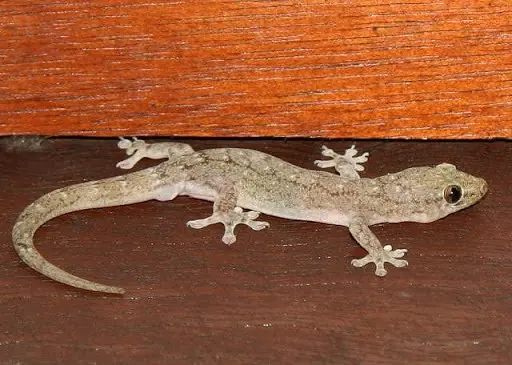
If geckos keep showing up in your house - Try these simple tips to keep them from returning

Egyptian Demons and Magic: Exorcising Evil Spirits

One-Pot Chicken Parmesan Pasta- Don’t Lose This

Frozen in Time: The High-Stakes Gamble of Cryonic Preservation

A Family of Four Diagnosed With Liver Can:cer: Experts Identified the Cause the Moment They Entered the Kitchen
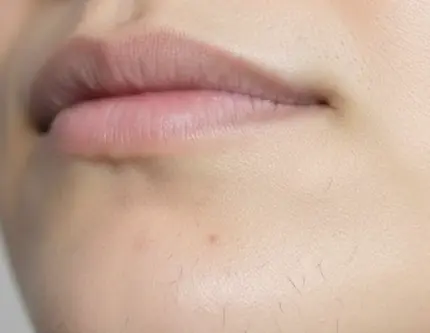
I had no clue about this
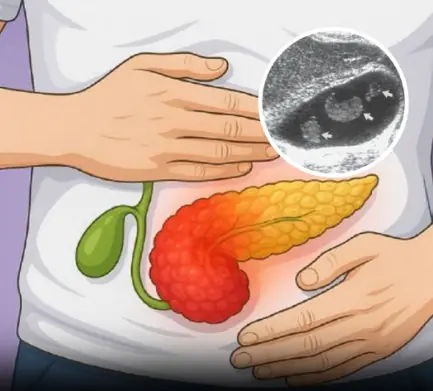
The Most Likely Symptoms of a Gallbladder Problem (Don’t Ignore Them)
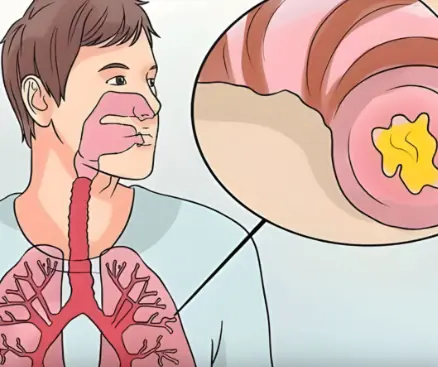
Get Rid of Throat Mucus Faster With These Home Treatments (Evidence Based)
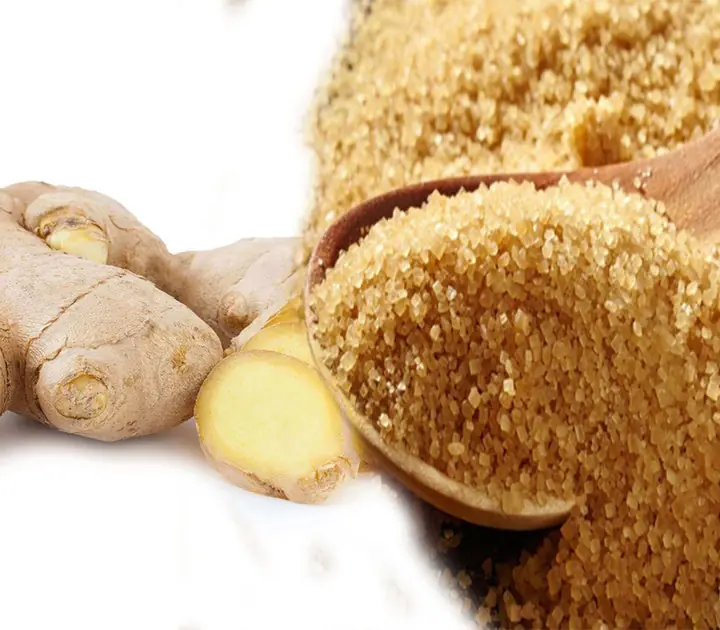
“Men shouldn’t give up ginger, women shouldn’t give up sugar”: a little-known longevity secret
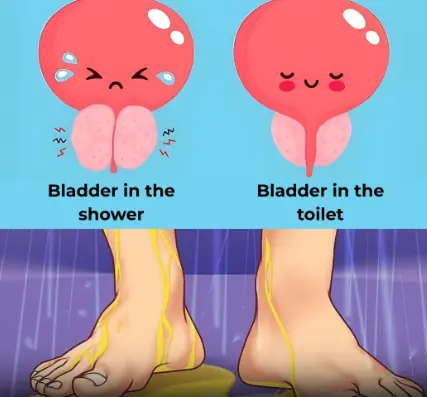
Why Hearing Running Water Makes You Suddenly Need to Pee
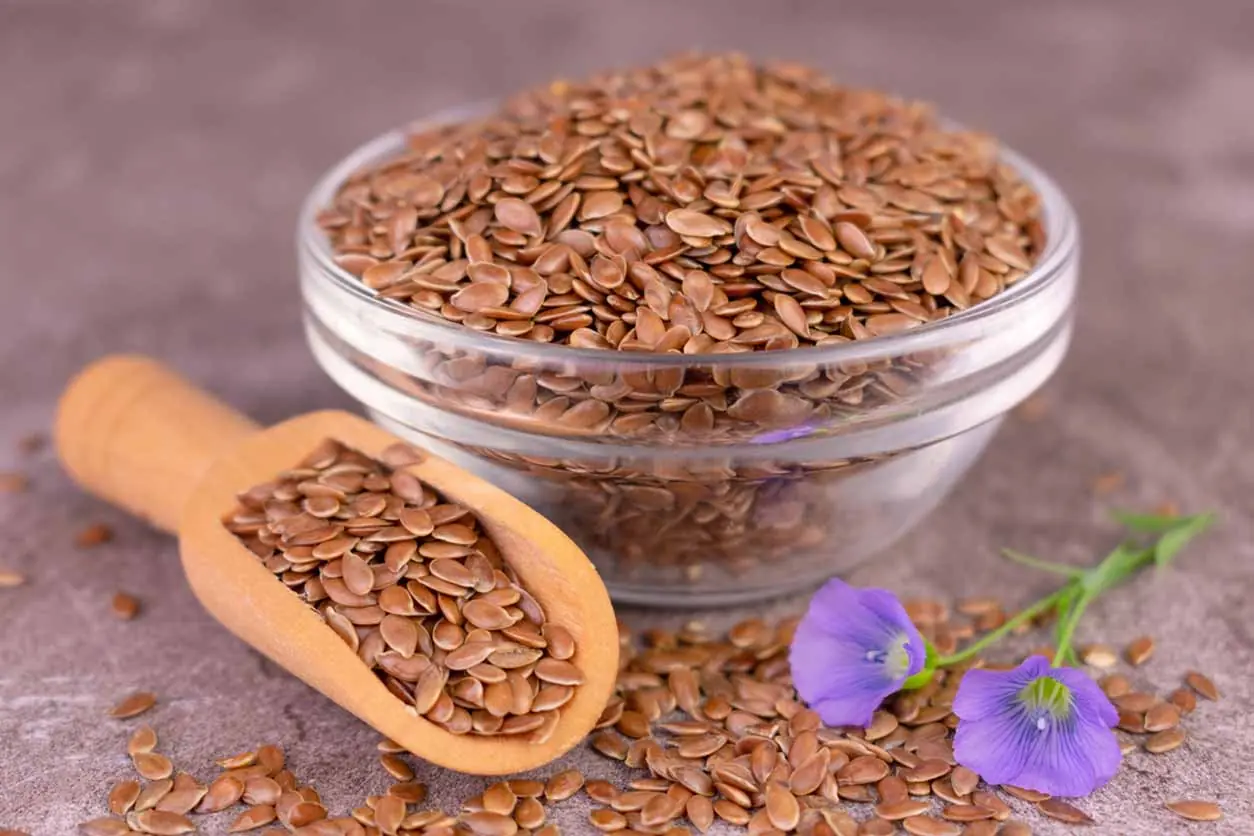
12 Superfoods to Balance Hormones and Preserve Youth — Some Are Surprisingly Affordable
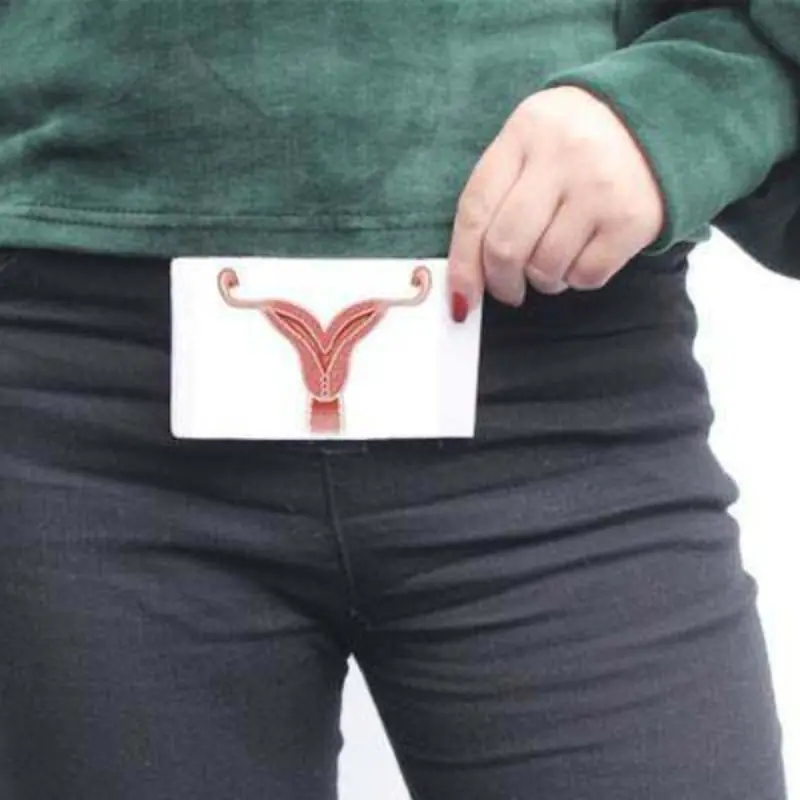
Women’s Health Warning: The Darker These 4 Body Areas Are, the More They May Indi.cate To.xin Buildup in the Uterus

Don’t take it lightly: a single bite may bring thousands of para.sites into your system.

The Bathroom Becomes a Clinic: When Toilets Turn Into Silent Health Guardians
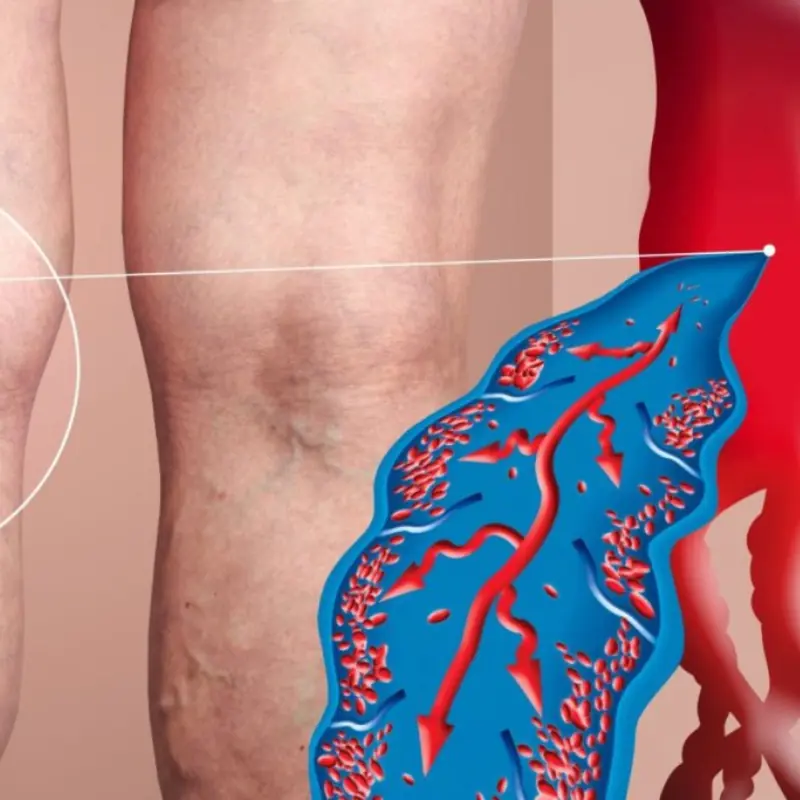
If You Have Poor Circulation, Cold Feet or Varicose Veins, Start Doing these 6 Things
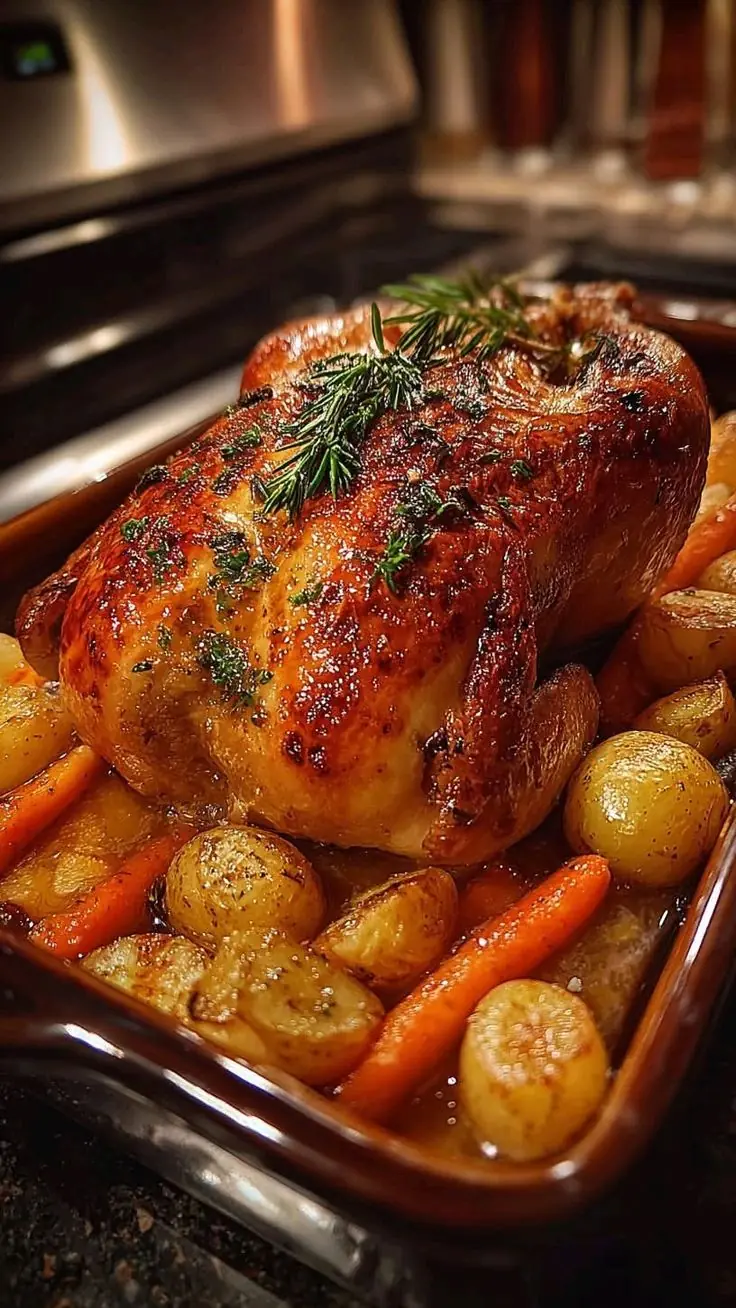
Classic Oven-Roasted Chicken

Doctors “Reveal” Morning Coffee Causes… What’s the Real Story?

Fresh Fruit & Cucumber Salad
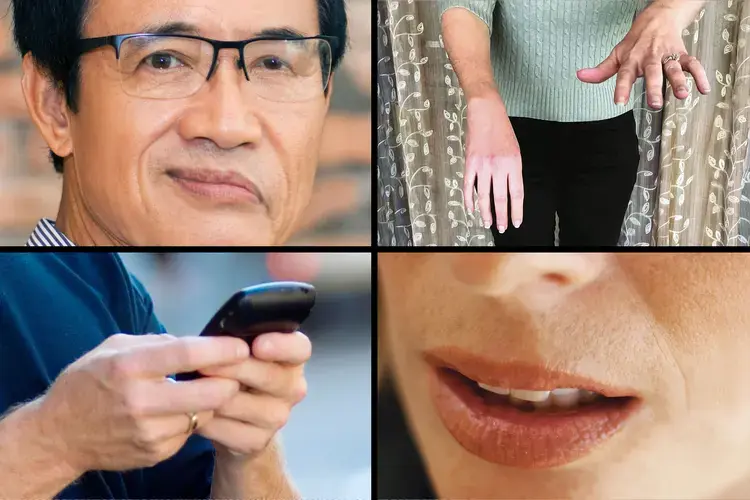
A Stroke Doesn’t Give You a Second Chance: 6 Things You Must Do — and 3 De.adly Mistakes to Avoid
